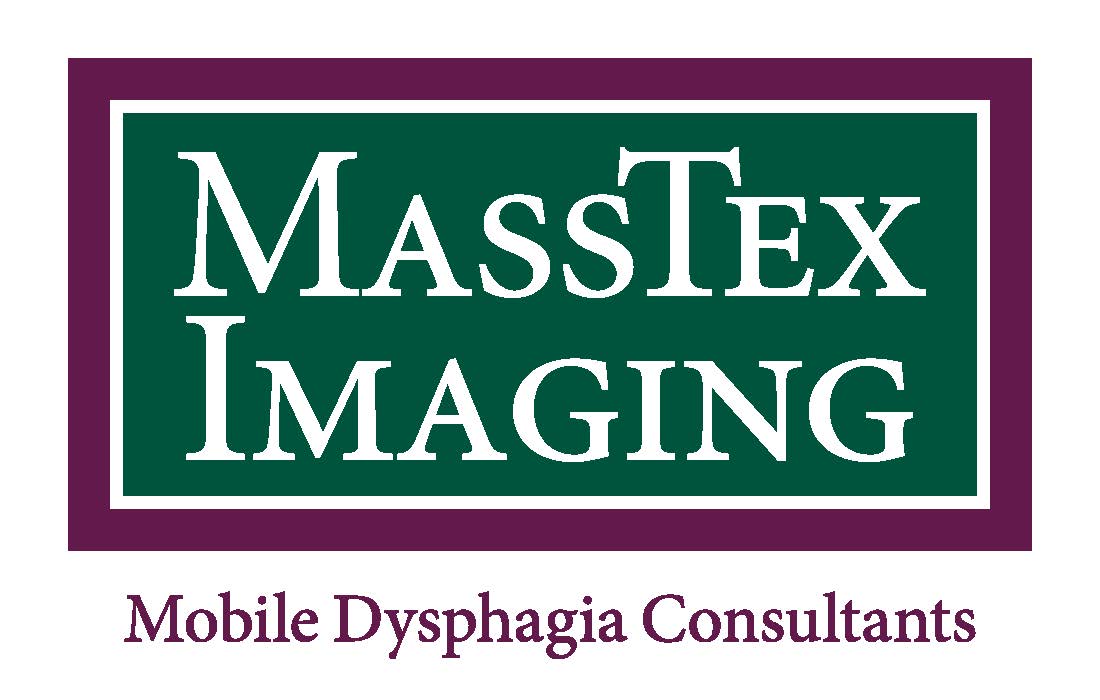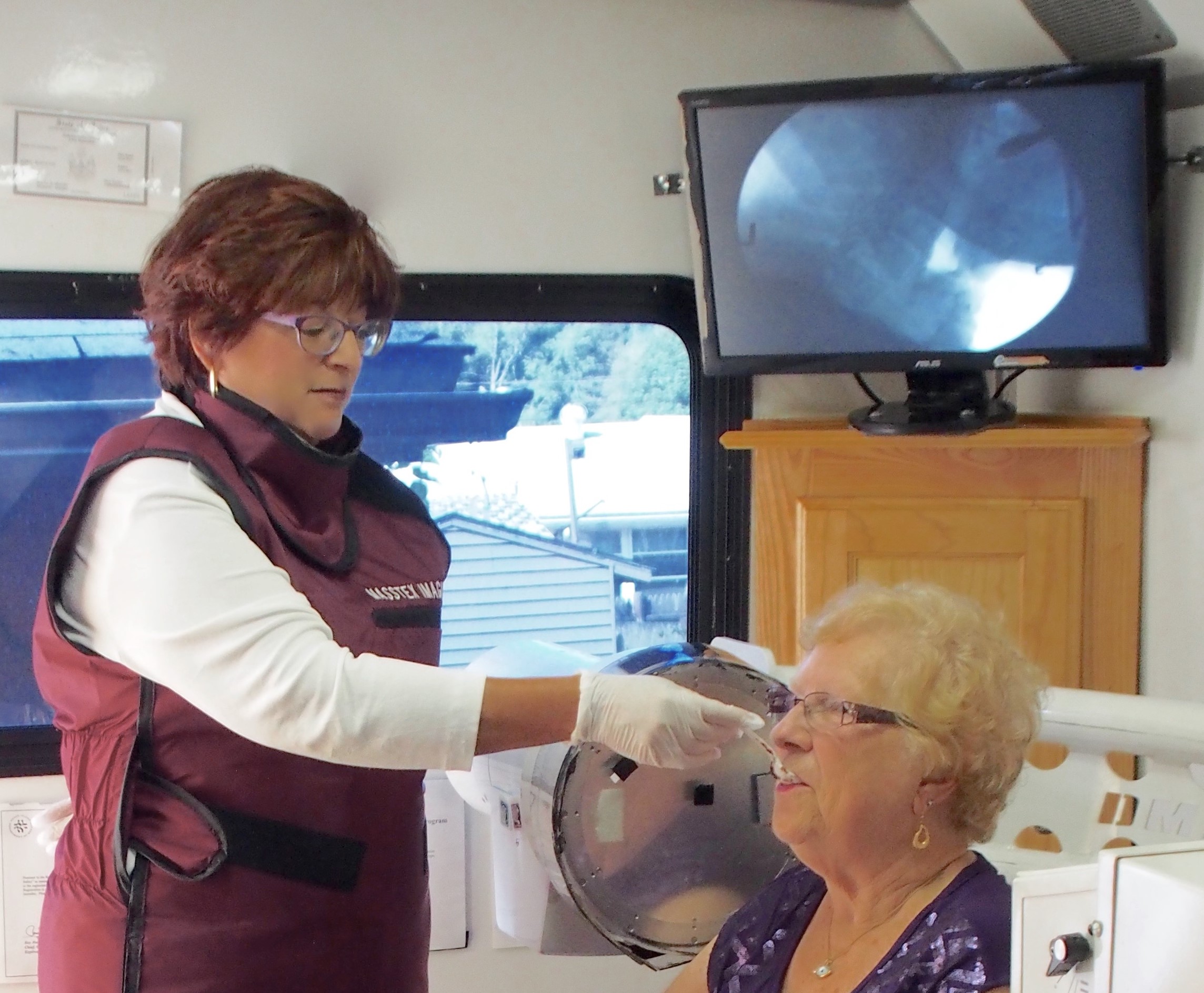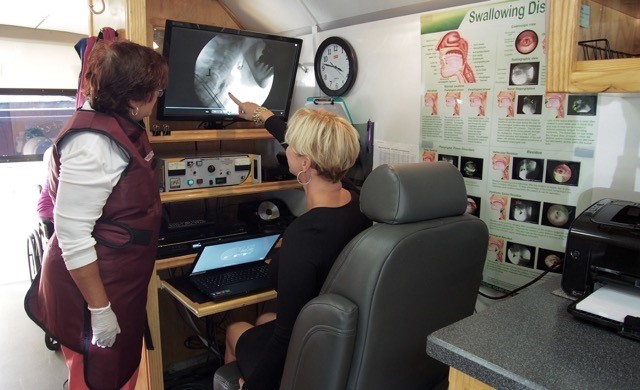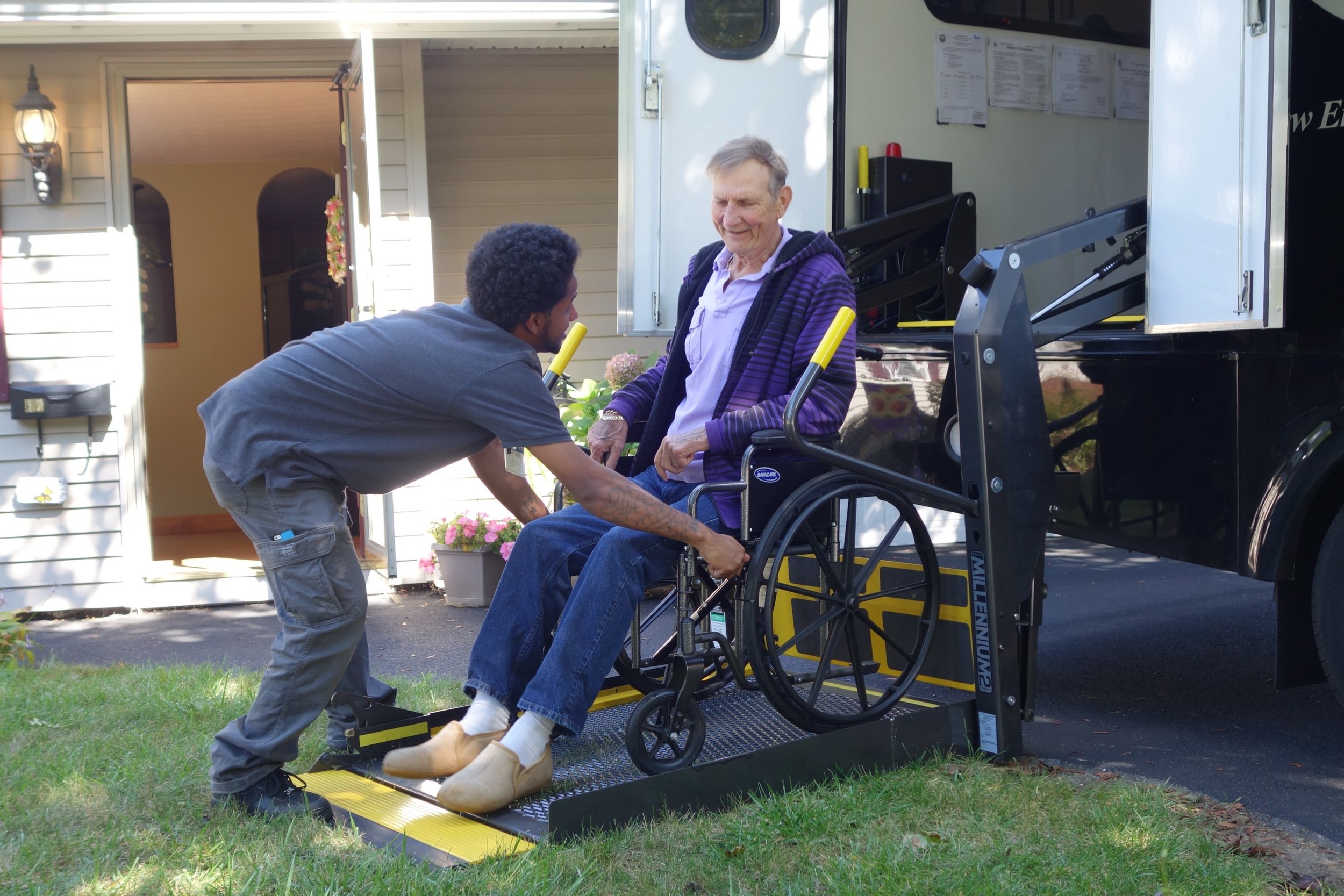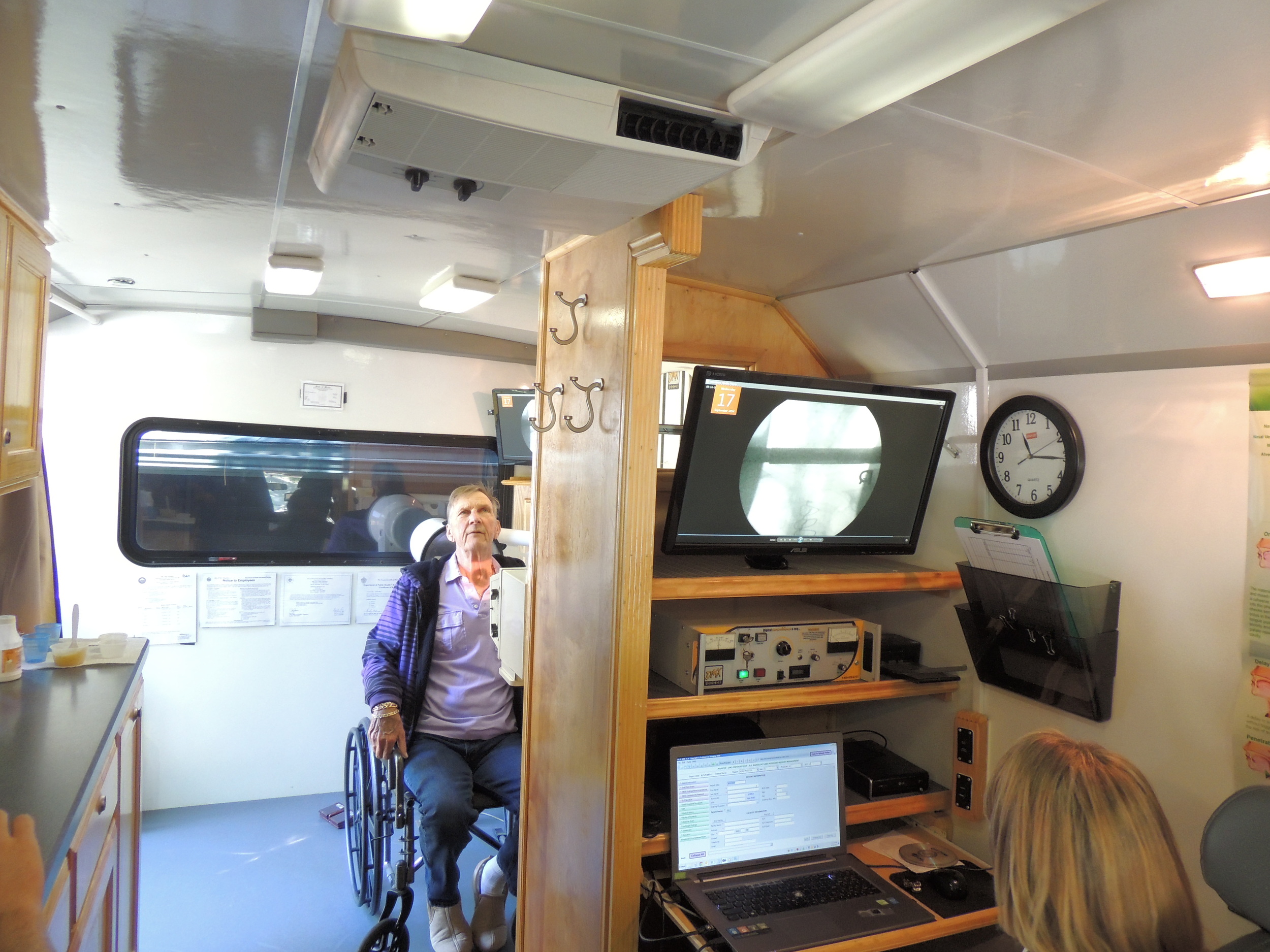Spotlight: EMST
Expiratory Muscle Strength Training (EMST) is a device based exercise program that improves airway protection through strengthening of the respiratory muscles. It is a pressure threshold device which exercises and increases the maximal pressure of the expiratory muscles.
EMST works to target the “Four D’s”
1. Dysphagia (difficulty swallowing)
2. Dystussia (disordered cough)
3. Dysphonia (weakened speaking voice)
4. Dyspnea (shortness of breath)
Please click here for page 1 of the handout. Click here for page 2 of the handout. This handout on EMST was completed by one of our graduate student clinicians.
Spotlight: NMES
Transcutaneous neuromuscular electrical stimulation (NMES) is a treatment for dysphagia that involves electrical stimulation of swallowing muscles to improve muscle strength, coordination, and swallowing function. NMES stimulates targeted muscles, which is effective for muscle activation, muscle atrophy prevention, and muscle re-education.
NMES is a non-invasive technique, involving application of an electrical current to the targeted muscle groups via the skin using electrodes placed on the skin surface. The source of the electrical current is usually from a handheld stimulator unit. The hypothesis of NMES for the treatment of dysphagia is two-fold. Firstly, that by targeting the musculature of the oropharynx with electrical current, the muscles required for swallowing will be strengthened.
It is proposed that by increasing the intensity of the electrical current, the electrical field penetrates deeper and depolarizes nerve endings in muscles to produce a muscle contraction. This process aims to strengthen the innervated muscles and may protect striated muscles from atrophy. Secondly, stimulation of the sensory pathways may promote reorganization of the motor cortex and enhance motor relearning.
Please click here for page 1 of the handout, click here for page 2 and click here for page 3. This was handout was completed by one of our graduate student clinicians.
MassTex Imaging’s Electronic Health Record (EHR)
With our EHR we give you immediate results including:
Physician Consult Report
Radiology Report
Speech Pathology Report
DVD copy of the Study
One Page Nursing Summary
We strongly believe in the comprehensive dysphagia consultation we provide. In the last two year we looked at the data from our EHR and for over 10,000 studies we provided for adults over 60 years old and we found a 47% incidence of esophageal dysphagia in this patient population. Thus, reinforcing the importance of looking at the esophagus in conjunction with the MBSS. MTI presented this research at the Research Dysphagia Society in 2016.
Presented Poster at Research Dysphagia Society February 2016
Q & A
Q: What is Dysphagia?
A: Dysphagia is a clinical term for difficulty swallowing. It is common malady among stroke victims, patients with neurological disorders, and those recovering from throat surgery. Patients suffering from dysphagia may experience pain while swallowing, frequent coughing or choking during meal time, or refusal to eat. Click Here for our Dysphagia Screening Guide
Q: What is a Dysphagia Consultation with MassTex Imaging?
A: A Dysphagia Consultation with MassTex Imaging includes a Modified Barium Swallow Study, Physician Consultation and Esophageal Assessment to the Stomach.
In our medical practice the physicians, along with our speech pathologist assess aspiration risk, pneumonia risk, medication effect on swallowing, provide diet recommendations and provide an in depth assessment of oral / pharyngeal swallowing as well as an assessment of the esophagus to the stomach. Click Here to Schedule an Appointment
Q: What makes an MBSS with MassTex Imaging different from a hospital visit?
A: MassTex Imaging provides you with a complete dysphagia consultation. We not only perform the Gold Standard Modified Barium Swallow Study (MBSS), but we also provide your patient with an esophageal assessment to the stomach and a physician consultation.
MassTex Imaging comes to you! With MassTex Imaging, you can relieve your patients of the stress and anxiety a hospital visit can induce. Being a Mobile Medical Practice, we take away the hassle and cost of transportation. We serve patients wherever they are; at their home, in a skilled nursing facility, at a rehabilitation hospital, an assisted living, a dayhab center or a group home, etc.
At your door step, our experienced Physicians, perform a comprehensive dysphagia consultation, along with our highly skilled speech pathologists assessing your patient’s, Medical History, Aspiration Risk, Pneumonia Risk, Effects of Current Medications on Swallowing, Diet Recommendations and Patient/Family Quality of Life Wishes.
Results are available on the spot, giving you the information you need to provide the best possible care for your patients with a myriad of swallowing disorders as well to help reduce re-hospitalization for pneumonia, aspiration and/ or GI issues.
Q: Is this consultation covered by insurance?
We accept Medicare, Medicaid and most major insurance plans. We are happy to help obtain authorization for managed care patients. Please contact our office with any questions.
Q: Can the treating clinician and/or family member(s) observe the consultation?
Family, loved ones and the patient’s health care providers are welcome to accompany the patient on the Mobile Medical Clinic in order to observe the consultation.
This is a great opportunity to speak directly with the Physician and the Speech Pathologist.
Our expert medical team is dedicated to treating each and every patient with dignity, compassion, and respect while performing a high quality service.
Learn the differences between MassTex Imaging MBSS and FEES. Click here
A Guide for Preliminary Considerations When Discussing Feeding Tubes. Click here
